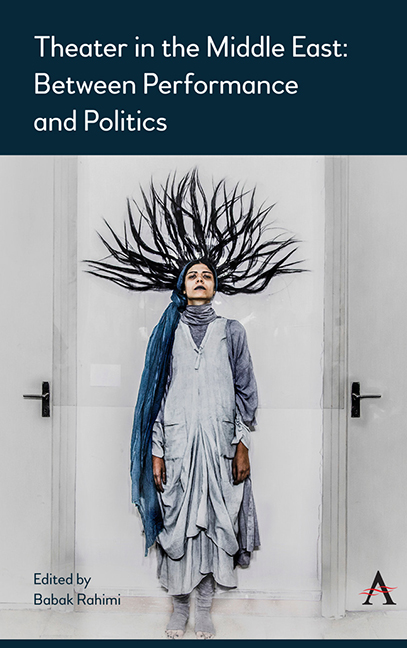Chapter 7 - Radio Drama by and about Syrian Refugees: Reimaging the Nation on Souriali
Published online by Cambridge University Press: 04 February 2022
Summary
Since the start of the Syrian Uprising, more than six million Syrians have fled the country, and slightly less are internally displaced. After seven years of fighting, nearly thirteen million Syrians, or roughly 60 percent of the preconflict population, have fled their homes. As scholars have pointed out, there are tremendous obstacles to repatriation; refugees fear retaliation, and the Baath regime has passed municipal laws to dispossess those who have fled. For the foreseeable future, the most pressing concern for Syrian cultural producers, whether at home or in exile, is to address the fracturing and dispersal of the Syrian people. In the early years of the uprising, creative resistance characterized performance culture outside of Syria's state theaters and vaudeville house; seven years into the revolution, Syrian cultural producers are looking to performance as a tool for engaging the needs and experiences of their fellow refugees.
Performance in the Syrian diaspora has taken varied forms in recent years— from closed drama therapy workshops with small groups to radio drama serials broadcast into Syria and available online. This chapter addresses the latter, focusing on the six-part serial We Are All Refugees broadcast and streamed on Radio SouriaLi in December 2014. In particular, I will focus on how We Are All Refugees presents women's increased vulnerability as a central problem facing Syrians. This is not an isolated concern for the station, I will argue but part of the station's larger project of imagining an expanded Syria that includes the diaspora and gives particular attention to the condition of women in this newly imagined “Greater Syria.”
SouriaLi invokes this expanded Syria while it encourages remembering— validating the memories and losses experienced by the refugee community at the same time that the station provides useful information for navigating statelessness. In short, I argue that the station invokes nostalgia as a balm to trauma and a means of establishing a sense of belonging after the rupturing of communal bonds. This, of course, marks a significant change from the performance culture that dominated in the early years of the uprising, widely referred to as “the creative resistance movement.”
- Type
- Chapter
- Information
- Theater in the Middle EastBetween Performance and Politics, pp. 123 - 142Publisher: Anthem PressPrint publication year: 2020



